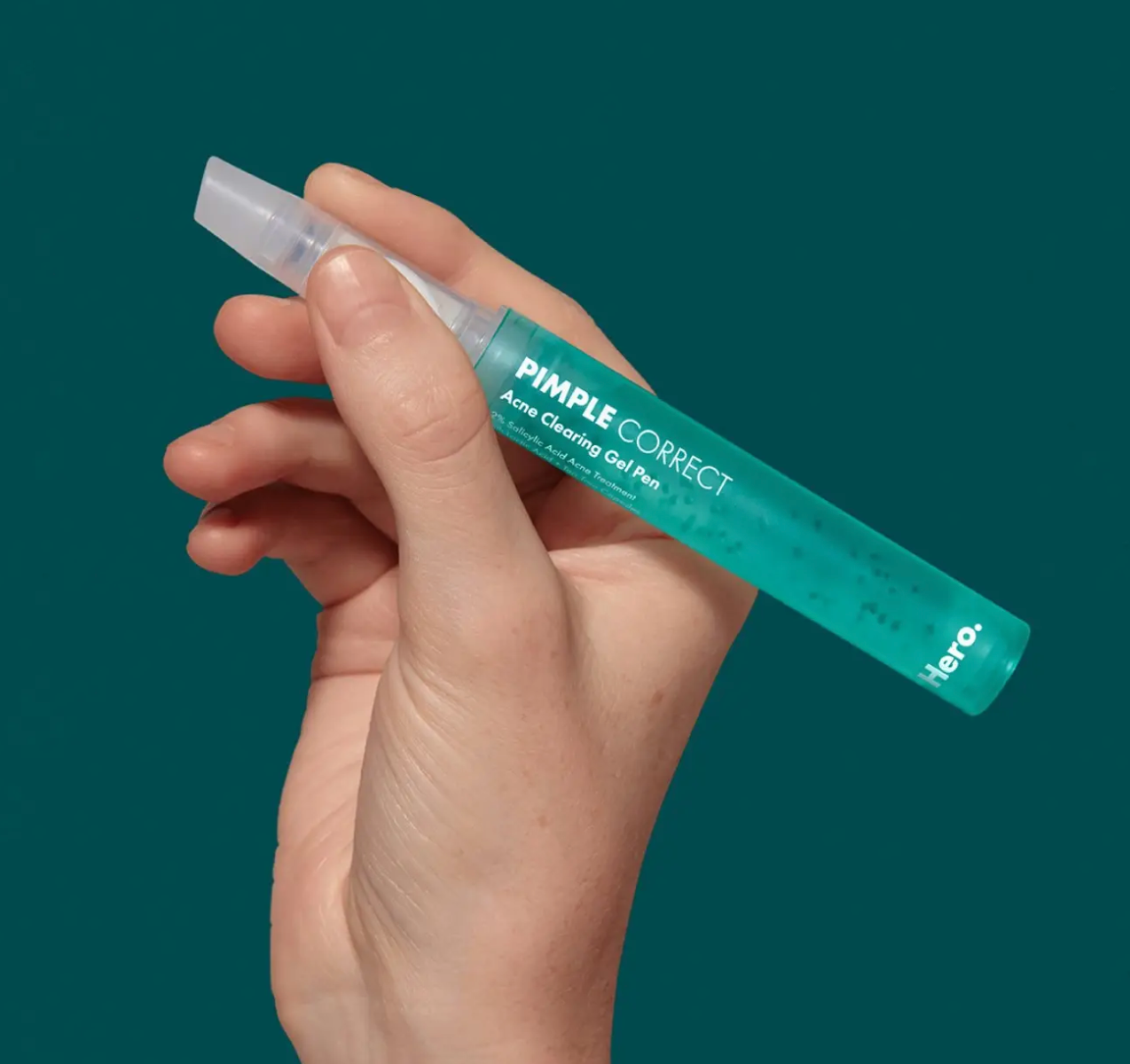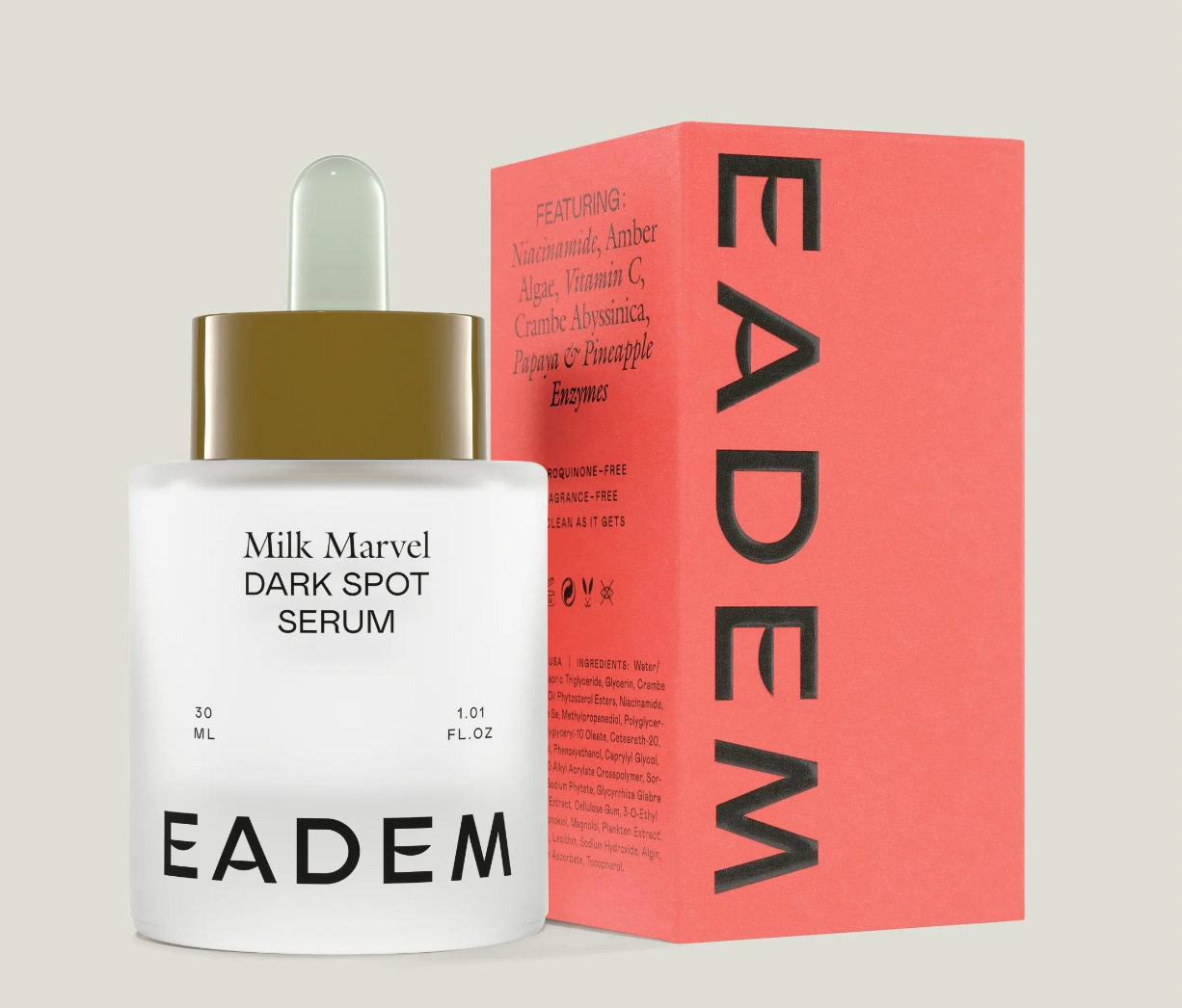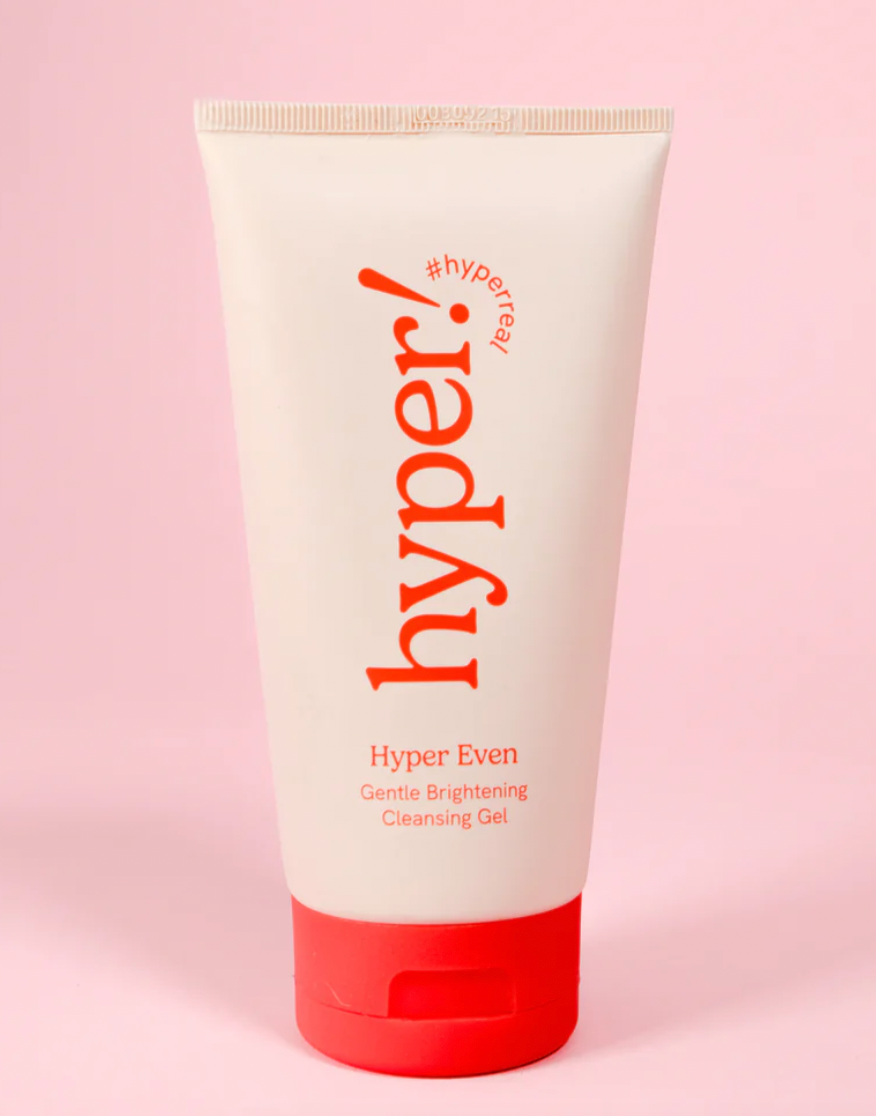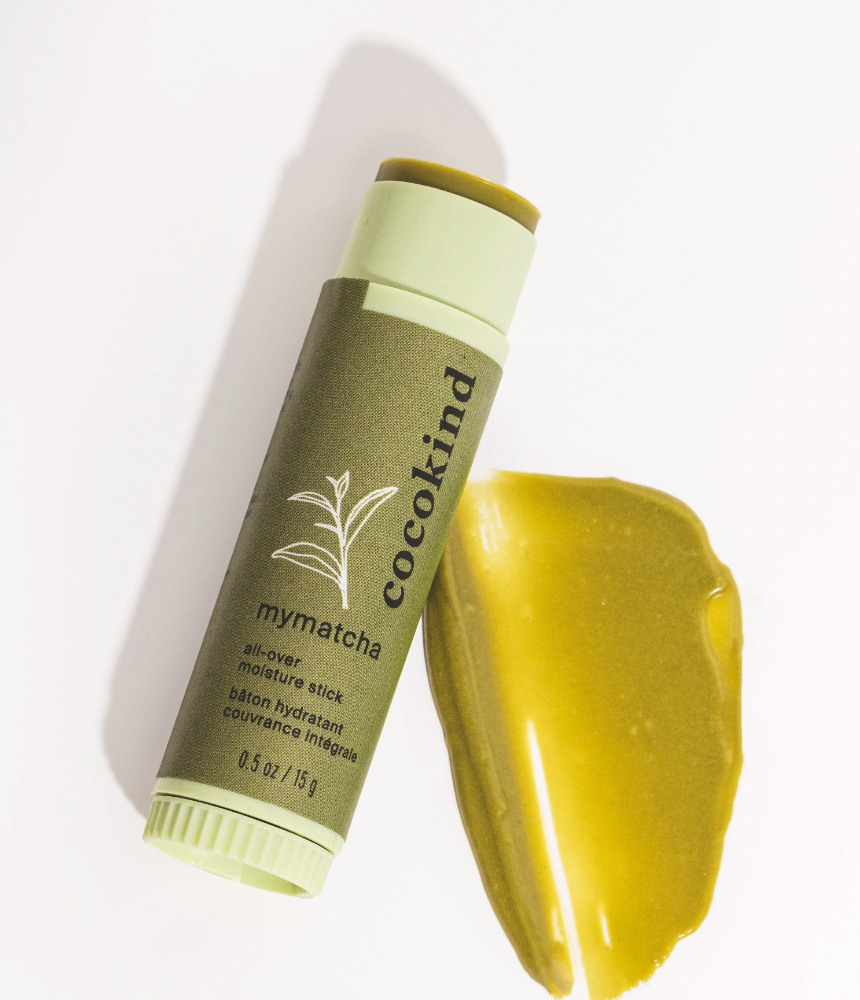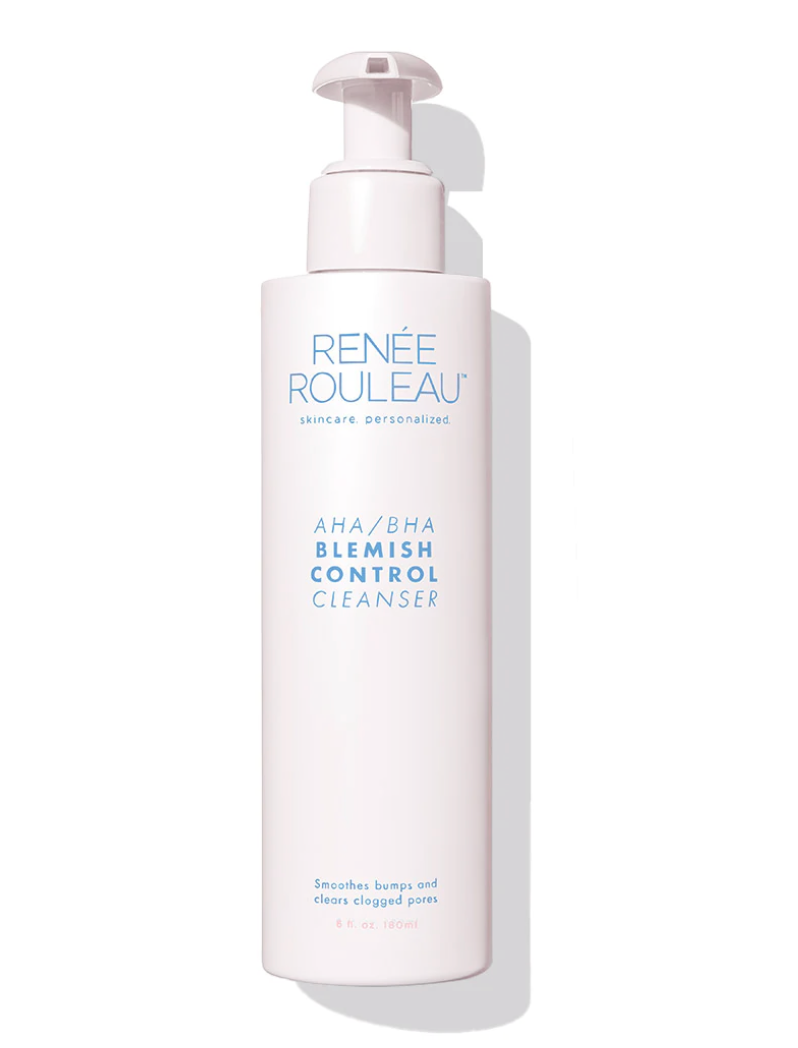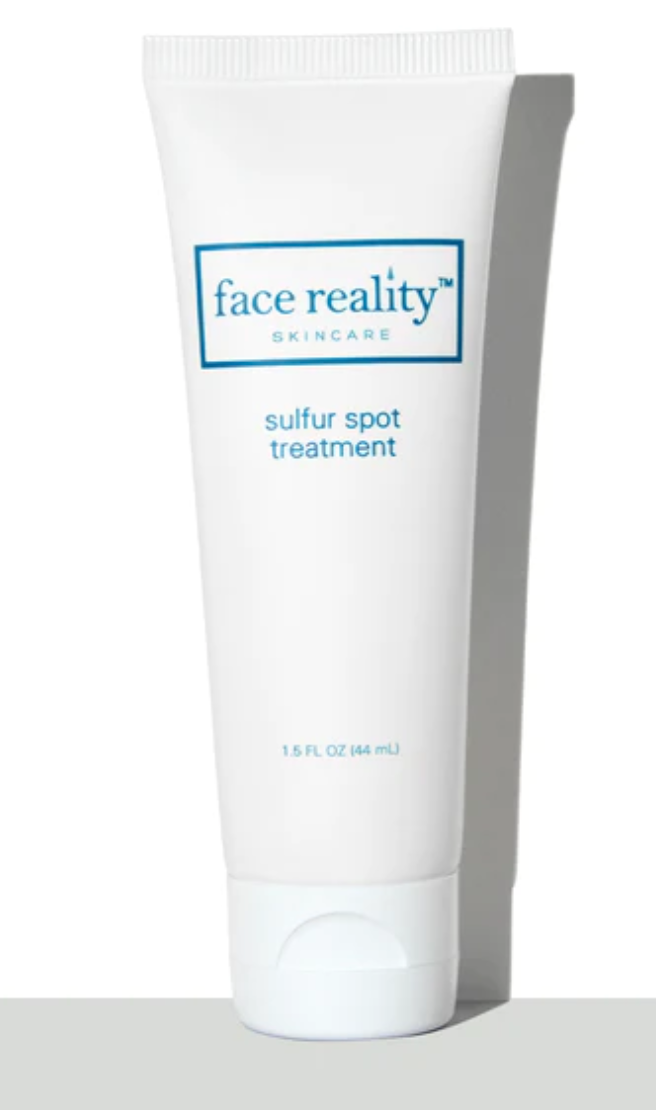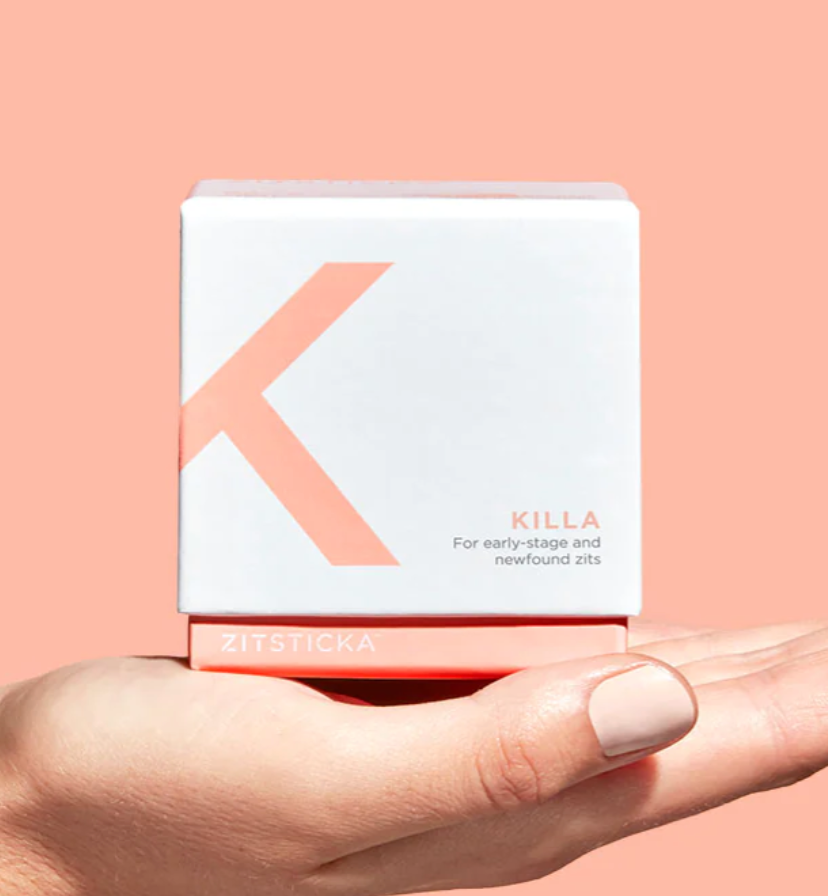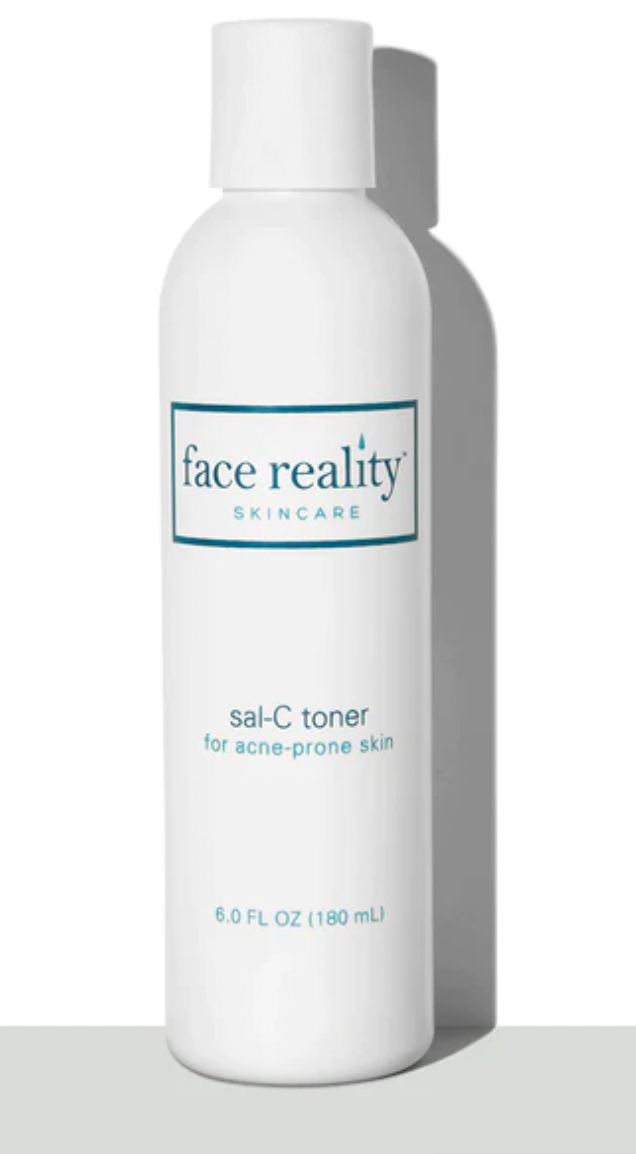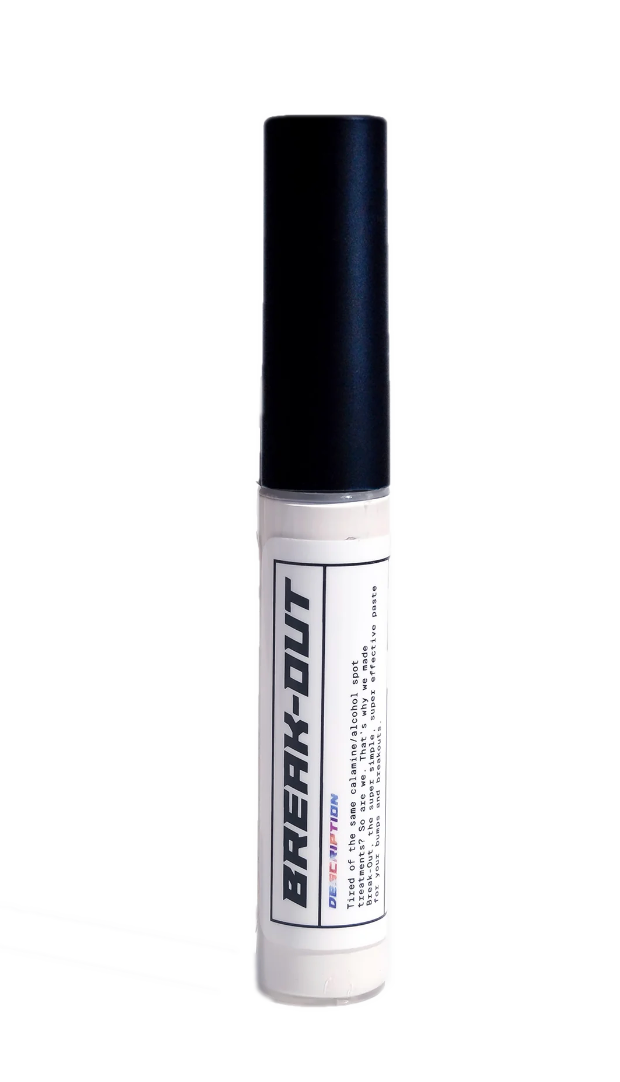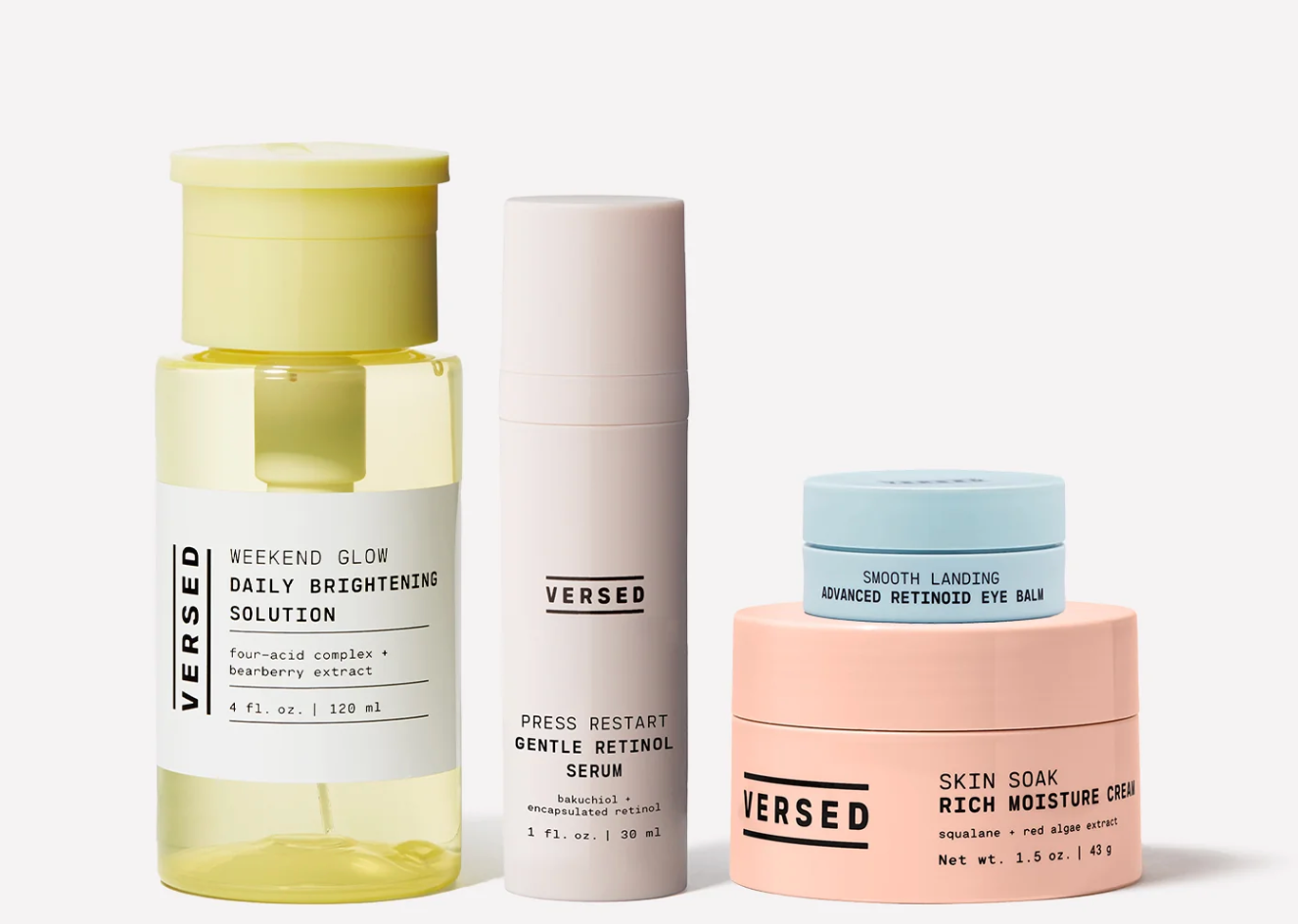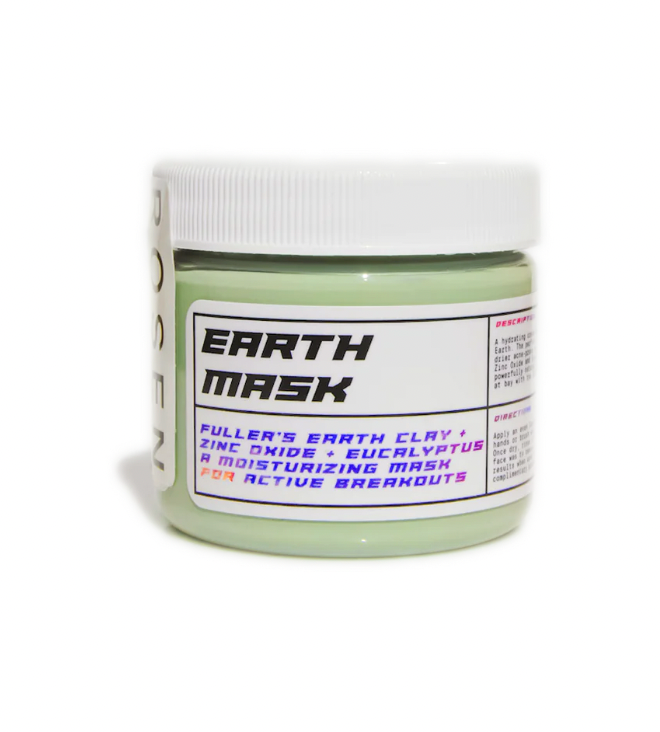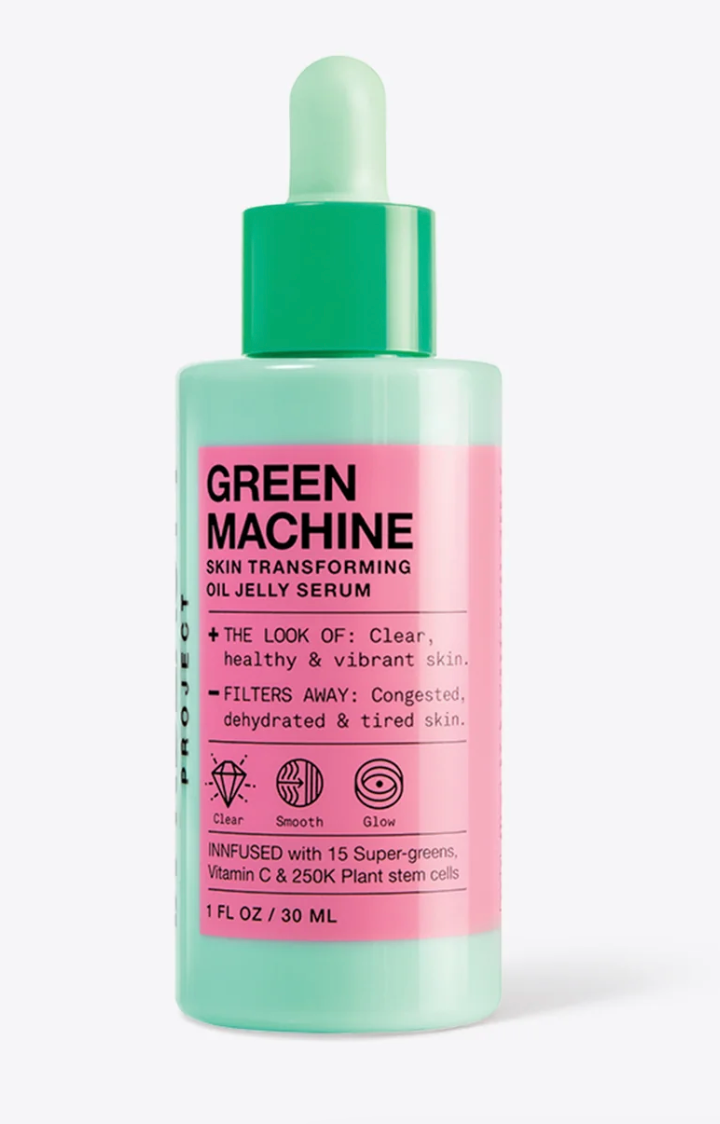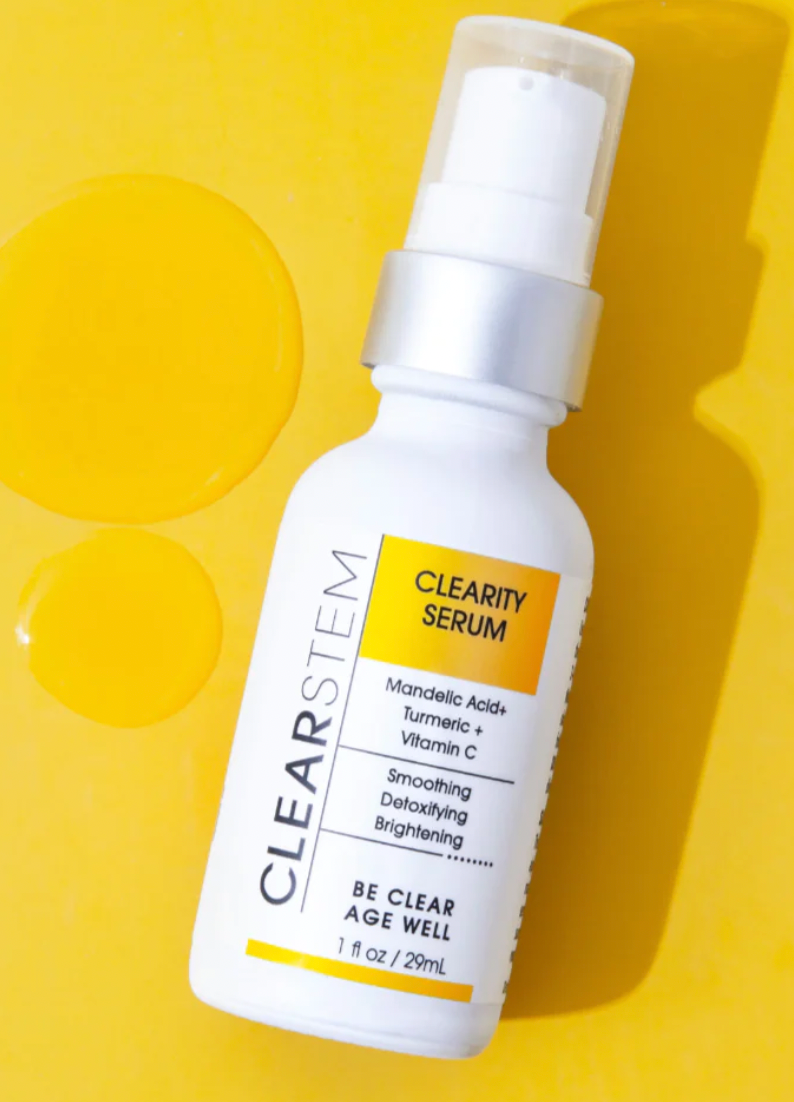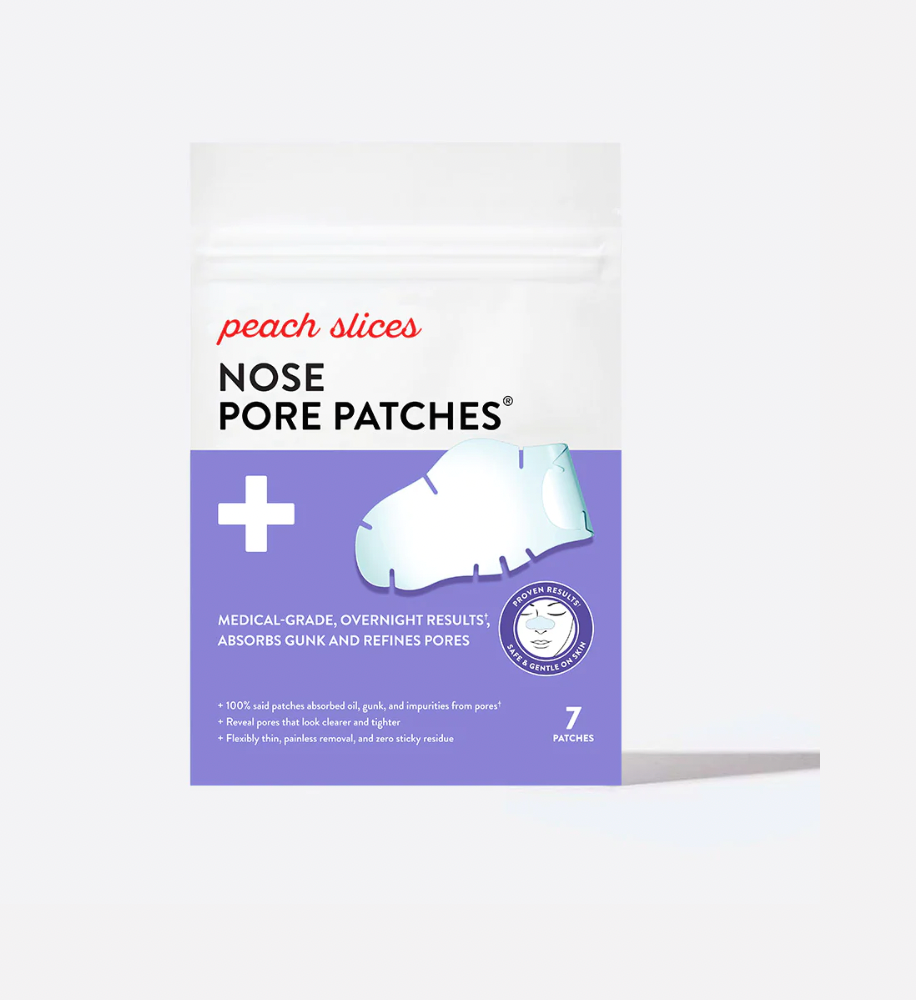Remembering the burning sensation and the smells of acne care from years past, the three-step routines, the Proactiv commercials during Degrassi reruns — it's a deep-rooted memory for most people.
The Positive Shift In How We Talk About Acne
We have treated having acne as a personal and moral failure. What the actual hell is that? Having acne should never make you feel unworthy in any way, shape, or form. Your skin is something that is forever changing, and this absurd idea of having "perfect skin" is, well, a lie.
How Acne Care Innovations Are Working Out IRL
"The biggest innovation in acne care is education — arming people with real-life education is what creates the biggest change for them."
What We Talk About When We Talk About Acne
“In all the normalization of acne, I want to make sure those [who] truly are struggling with it aren’t lost in the conversation. All experiences are valid. Even though the terminology we use may change, that doesn't always mean the way people experience acne does







